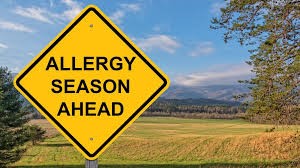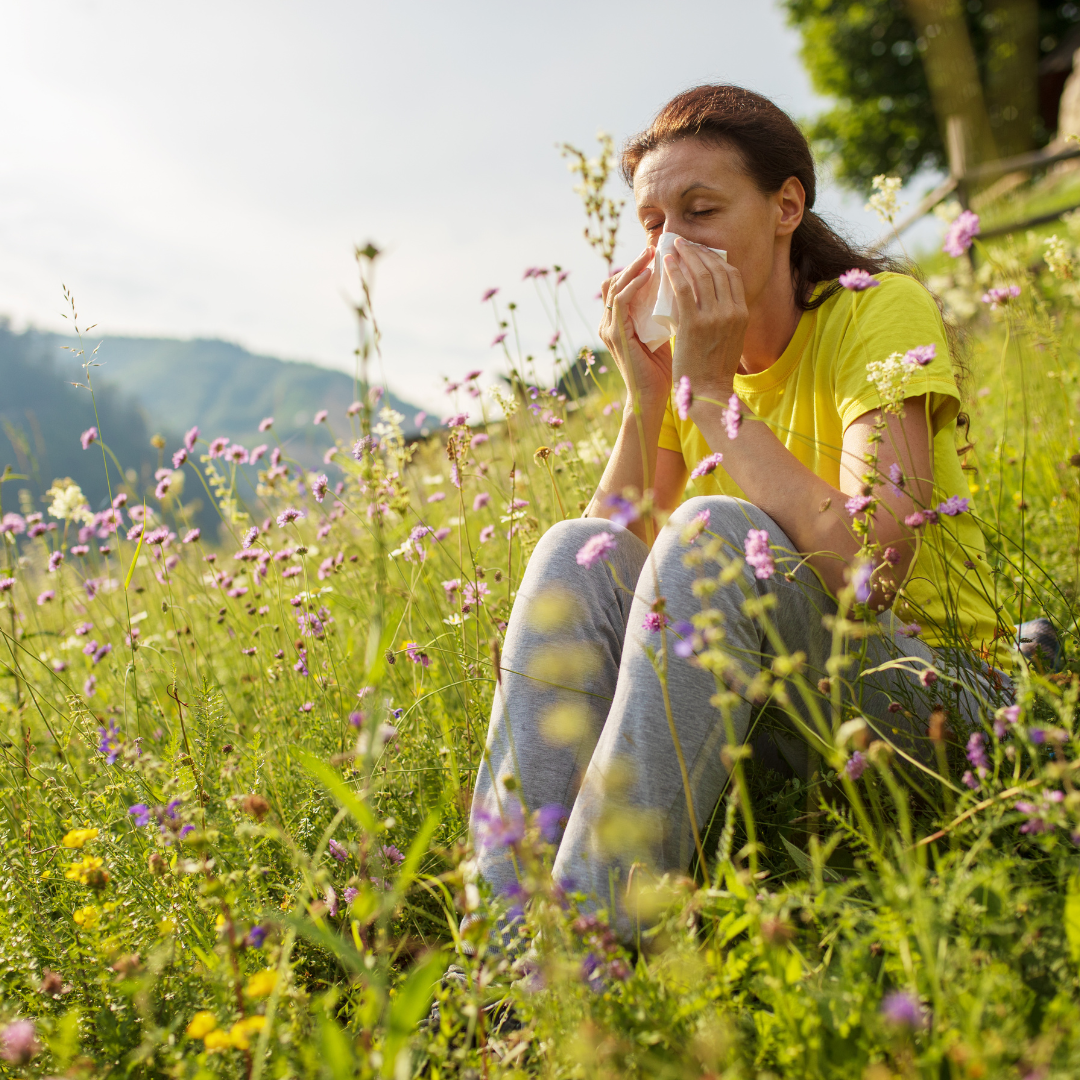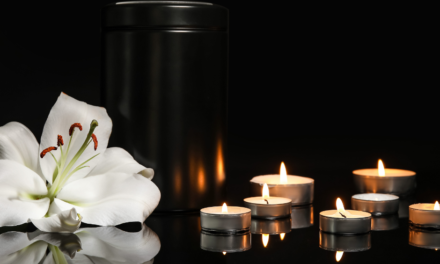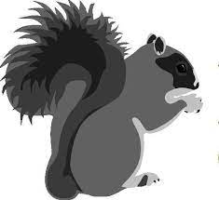
Pollen Season Expands: Expert Tips
Six Sneeze-stopping Strategies to Beat your Spring Allergies Naturally
Researchers at the University of Utah School of Biological Sciences report that, thanks to climate change, spring pollen season now starts about 20 days earlier, lasts about 10 days longer, and features about 21% more pollen than in 1990—giving millions of allergy sufferers about 30 more days of itchy, sneezy, drippy misery each year.
To help us win the war against rising pollen counts, health educator Dr. Julie Gatza of the Florida Wellness Institute shares a few proven strategies for taming allergy symptoms naturally — without the drowsiness, dry mouth, dizziness, and other unpleasant side-effects that often accompany use of over-the-counter allergy medications.
Here are Dr. Julie’s six symptom-taming strategies for natural allergy relief:
1.Take a shower at night:
Because pollen can stick to your clothes, skin, and hair, it’s important to shower each night to remove any irritants. Remember to also remove and wash any clothing that was exposed to the pollen.
2. Daily saline nasal irrigation (Neti Pot)
A 2012 review of 10 studies showed that rinsing the nostrils and sinuses with saltwater had beneficial effects for both children and adults with allergic rhinitis, which is often referred to as hay fever.
3. Dissolve allergens with digestive enzymes
Consumed on an empty stomach, the protein-digesting enzyme protease will work to attack and dissolve not only protein molecules, but it will also destroy pollen molecules and other foreign bodies that have entered the bloodstream, thereby significantly reducing allergy symptoms.
4. Reduce allergic reactions with probiotics
The most studied allergies on which probiotics have been shown to have a beneficial effect are rhinitis, asthma, and eczema. Most studies have examined the administration of Lactobacillus and Bifidobacterium in children and have shown beneficial effects, such as a reduction in hyperreactivity and inflammation caused by allergens. (https://www.ncbi.nlm.nih.gov/pmc/articles/PMC8064452/)
5. Keep Fluffy and Fido out of the bedroom
We all love our pets, but during pollen season keep them out of your bedroom and off your bed, as they can carry pollen on their fur.
6. Go outdoors at the right times
Pollen counts tend to rise on dry, warm, and windy days, so if it’s breezy outside, try to stay indoors. Pollen counts are highest in the morning and again at night, so if you do go outside, try to do it when counts are low.
Angela Small
Radio Production Assistant
















